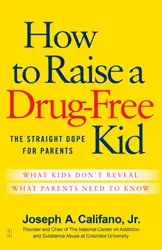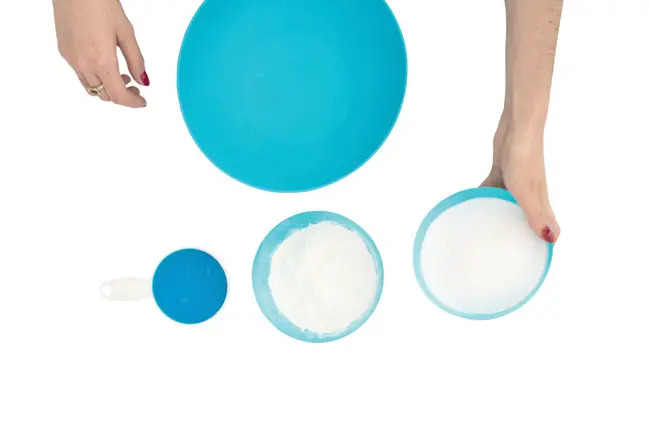The fact that you’re reading this publication is indicative of your parenting mission – being alert, involved, knowledgeable, committed. You stay on top of homework, dietary habits, schedules, and the million things that go into raising a healthy, successful child. Still, you may not be exercising your full power, at least when it comes to steering them away from drugs.
“For better, for worse, the greatest influence on a kid’s life is his or her parent,” stresses Joseph A. Califano, Jr. who has authored 12 books, including three focused on the issue of substances. His most recent, How to Raise a Drug-Free Kid: The Straight Dope for Parents (a Simon & Schuster Fireside Book, $15.00) debuted this summer.
History buffs and parents old enough to remember ’70s/ ’80s politics, will recognize Califano’s name, because he served as the U.S. Secretary of Health, Education and Welfare from 1977 to 1979, and is one of two such ex-secretaries still living. During his tenure, Califano spurred legislative strides like Title X and the national Anti-Smoking campaign. Then, one day, a well-known actress, activist, and self-professed alcoholic urged him to consider combating substances beyond cigarettes.
In 1992, Califano founded (and is Chairman of) a collective known familiarly as CASA. CASA is the National Center on Addiction and Substance Abuse at Columbia University. It is the only nation-wide organization that unites all the disciplines needed to study and combat the abuse of substances-extending to alcohol, nicotine, illegal drugs, prescription and performance-enhancing pharmaceuticals-and change the stigma of drug abuse.
“Believe it or not,” Califano said, “the real war against drugs isn’t waged in a boardroom or courtroom, but in living rooms…and in dining rooms, all over this country.” He and his CASA organization stress that parental engagement is the single most powerful antidote to a child’s temptation to smoke, drink or use illegal drugs.
In its 17 years of research (among families, scientists, teachers, counselors and more) CASA has found that a child who gets through age 21 without smoking, using illegal drugs or abusing alcohol is virtually certain to never do so. And guess what? The way to get a child to 21 safely is by teaching, protecting, and empowering your child.
How-To Raise a Drug-Free Kid is the definitive manual for any parent who wants to help his/her child make it. Califano says this is the most important of his volumes, and it stands out for its colloquial nature (while previous works like High Society targeted government and public-policy, this one speaks easily and candidly to the average mom.)
Califano’s newest book both acknowledges and strengthens a parent’s power. Its chapters tell you how to talk to your children, give them straightforward messages, and get them ready for the college years. It underscores the importance of communication, setting limits, and parental engagement.
The 9 Facets of Parental Engagement (from Chapter 1, Part I)
1. Be there. Get involved in your children’s lives and activities.
2. Open the lines of communication and keep them wide open.
3. Set a good example: Actions are more persuasive than words.
4. Set rules and expect your children to follow them.
5. Monitor your children’s whereabouts.
6. Maintain family rituals such as eating dinner together.
7. Incorporate religious and spiritual activities into family life.
8. Get Dad engaged and keep him engaged.
9. Engage the larger family of your children’s friends, teachers, classmates, neighbors and community.
This how-to manual also reminds us of dangers in a country that comprises 4% of global population yet consumes 65% of its drugs. It gives parents tools to deal with challenging questions (such as: You drink beer/wine, so why can’t I?) and combat the distorted messages in popular culture. It tells you what factors (such as divorce, job loss, depression and sexual activity) increase the likelihood of usage, and what to do should you find out your kid is experimenting.
Above all, this book reminds us parents hold the key to eliminating such risks. CASA finds that our influence during the formative years helps children survive the dangerous decade (10-20) and prepare for the moment of decision. Because the reality is that every American child will be offered some substance before they graduate high school- and it will happen more than once.
“To find the solution,” Califano concludes, “just look in the mirror.”
Parents who want more information can visit the CASA website: www.casacolumbia.org (where they can also register for a November seminar); can take a look at straightdopeforparents.org; and can write to [email protected].





















